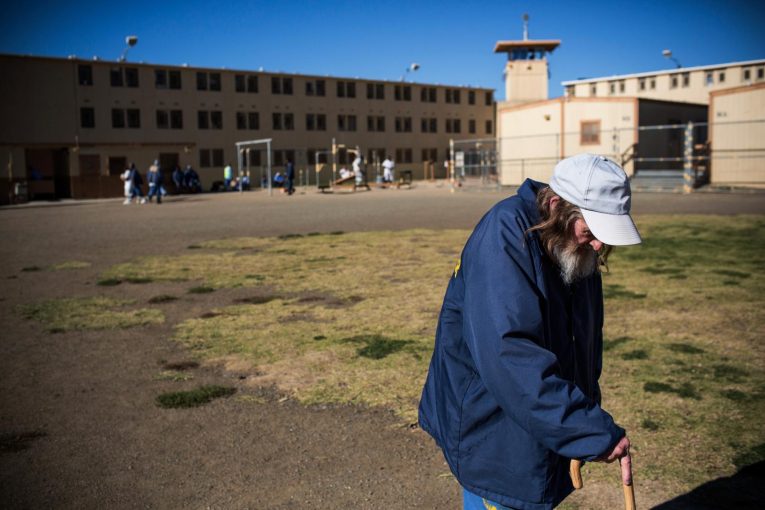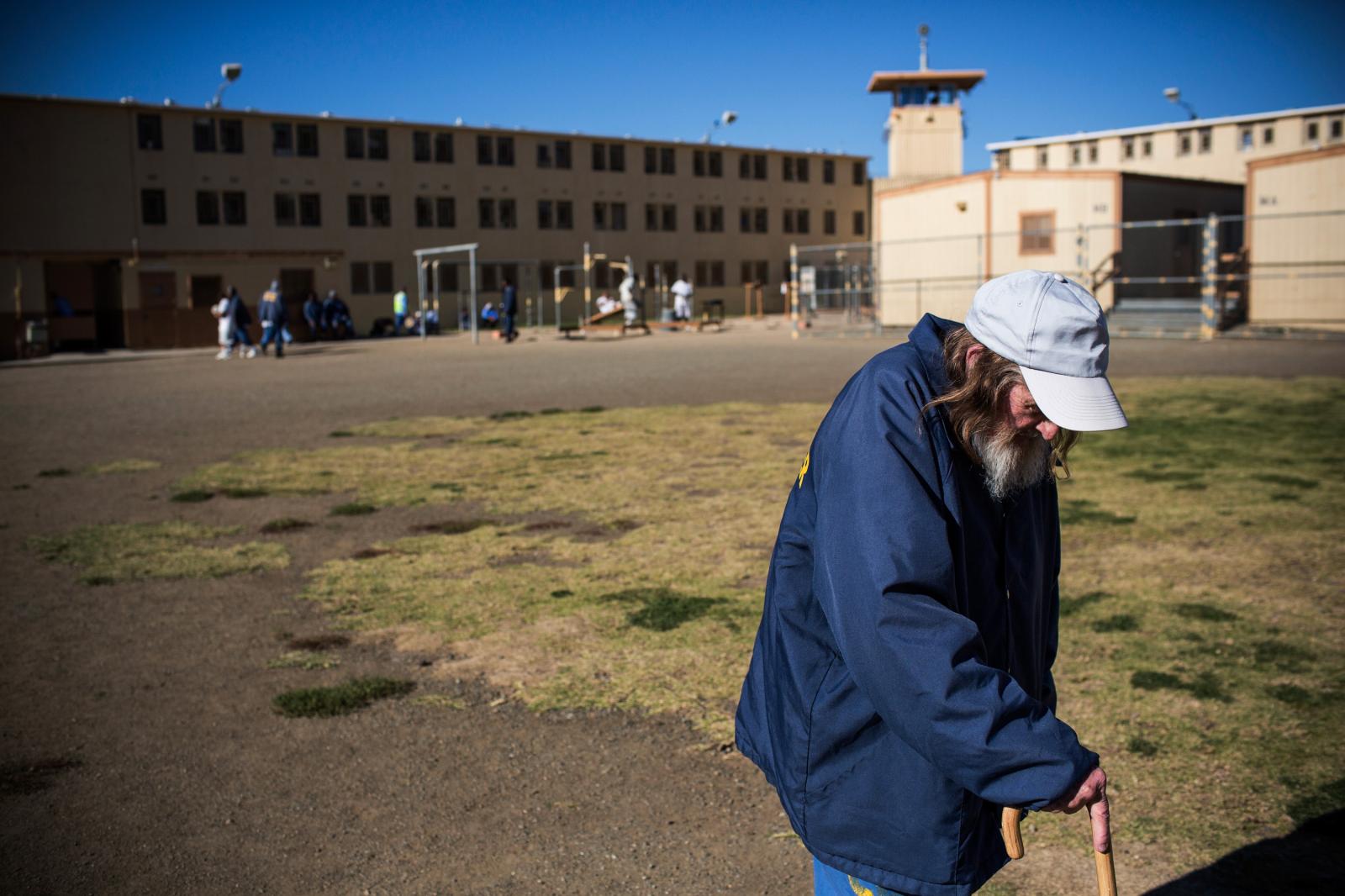

By ALEX JIMENEZ AND ALIA JAVAID
BOSTON, MASS – In an opinion piece by Scott Lehigh of the Boston Globe, a new Massachusetts bill is designed to reform the age-old mold of justice by releasing aging state prisoners after the state Parole Board has failed to provide a restorative program for those leading exemplary lives in prison.
This bill mandates parole eligibility after 25 years of imprisonment as well as a restorative justice program “in order to develop a plan of reconciliation.”
Governor Charlie Baker’s clemency guidelines urge the correction system to offer both hope and incentives for inmates, “to utilize available resources for self-development and self-improvement” so they can “become law-abiding citizens and return to society.”
An organization, Families for Justice as Healing, is fighting for incarcerated elderly women who are ineligible for parole, explains lawmaker Sashi James, who notes, “There are women living with dementia in Framingham, women using walkers, women in wheelchairs. It makes no sense.”
James pointed out the case of Angela Jefferson, an inmate at Framingham and a grandmother, who was denied parole eligibility based on  not completing enough prison programs.
not completing enough prison programs.
“First of all, there’s just not enough programming at Framingham, and during COVID some of what they did have was canceled,” said James, who adds that Jefferson is working on her undergrad degree from Boston University.
Another case James is fighting for is that of Nancy Netto, 64 and now in a wheelchair, who has served 28 years at Framingham. She was incarcerated in 1993 for joint felony murder with her husband, who used a knife to kill Robert Levesque.
The legality under which she was convicted has been revisited and narrowed by the state’s highest court. However, it does not apply to Netto’s case.
The expenditure per prisoner is over $100,000.
Blogger Michael Pittaro, a member of the criminal justice faculty at American Military University commented, “Compared to their counterparts in the [larger] community, older prisoners have a greater incidence of illness, disease, disability, and mental health diagnoses. They require more care at a younger age.”
The cost of hospitalization for chronic illness at the state hospital is over $200,000 a year.
According to the Department of Correction data as of July, more than half of the state prisoners sentenced to life and ineligible for parole are over the age of 50.
A study by the U.S. Sentencing Commission of federal prisoners found that over an eight year period, 13.4 percent of prisoners aged 65 and over at the time of release ended up back in prison. On the other hand, the rate was 68 percent for those under the age of 21.
The article also mentions how other states are dealing with the aging prison population dilemma.
In cases where older prisoners are serving life without parole, some states such as Pennsylvania are looking into using a “broader use of clemency.”
And in California the federal courts have forced the state to reduce its prison population through the implementation of a parole process for inmates over the age of 60 and have served at least 25 years in prison.
Despite having the support from several lawmakers in Massachusetts, the proposed bill has struggled to proceed forward – members of the State Legislature criminal justice reform caucus hope to revisit and resolve in an upcoming zoom meeting on Oct. 14.






